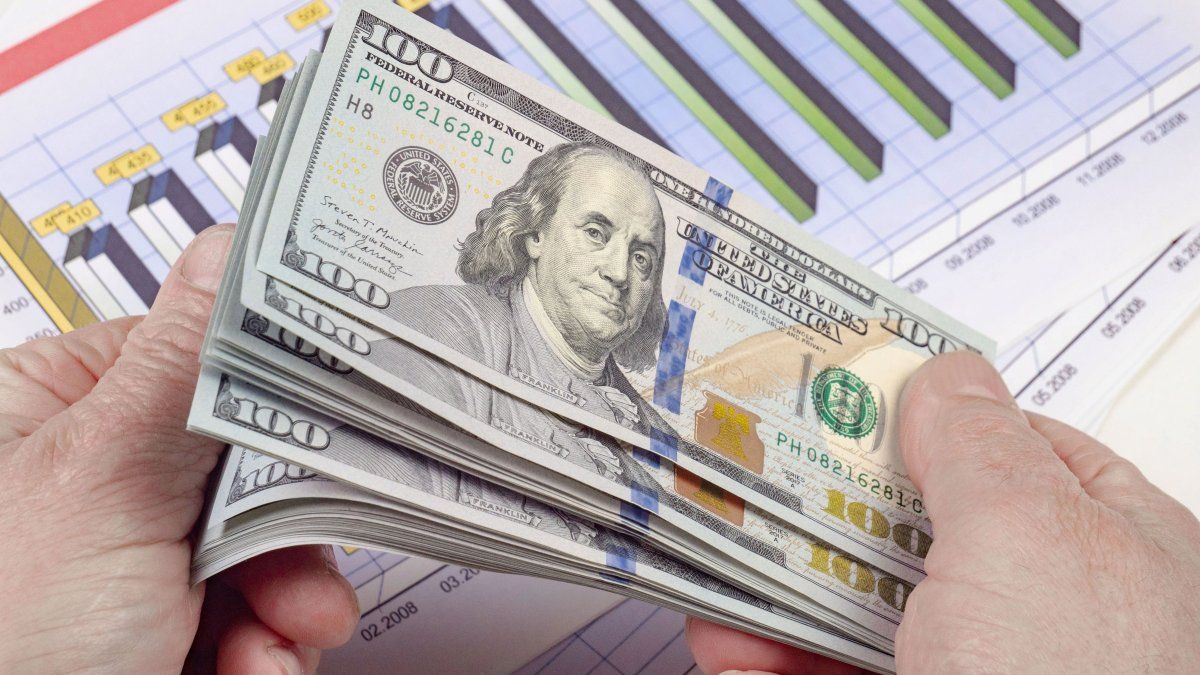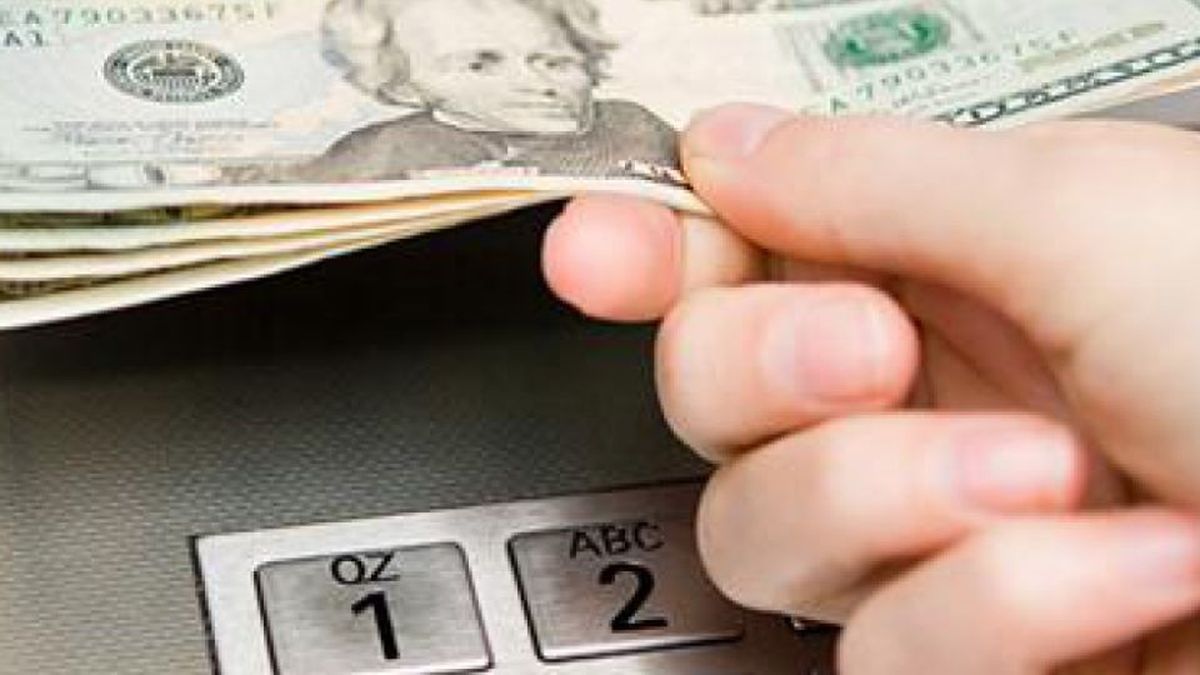Marijuana is widely decriminalized in the United States. There is growing pressure to legalize cannabis at the federal level as well. Law enforcement costs billions – and reveals a racism problem.
“The Basement” in Washington’s Adams Morgan nightlife district describes itself as a candle boutique, but the basement shop actually deals in marijuana.
If the customer puts a proud 130 dollars (119 euros) on the table for a candle, there is a good 28 grams of marijuana as a “gift”. The background to the deal, which seems bizarre at first glance, is that the possession and consumption of cannabis has been legal in the US capital since 2014, but its sale is still illegal – which is why there are numerous drug stores with similar business models there. Washington is just one example of how marijuana is becoming more socially acceptable in the US – and how the legalization of the soft drug is progressing.
“Outdated Cannabis Laws”
Earlier this month, the U.S. House of Representatives passed a bill to decriminalize marijuana at the federal level, supported primarily by Democrats led by U.S. President Joe Biden.
US Senate Majority Leader Chuck Schumer plans to introduce a similar bill to this second chamber soon. In a letter to colleagues in February, he called for reform of “outdated cannabis laws”.
It is unclear whether the new regulation will get through in the Senate, because the Democrats would have to rely on several votes from Republicans there. The development as a whole, however, is unmistakable: “In the past year there has been more progress in the legalization of cannabis than ever before,” said Democratic Congressman Earl Blumenauer recently.
In a survey by the Gallup Institute in November last year, more than two out of three Americans were in favor of legalization for the first time – in the mid-1990s it was only one in four.
Rapid development
Meanwhile, 37 of the 50 US states and the capital district of Washington have approved marijuana for use on medical grounds, and the relevant certificates are often easy to obtain. In addition, 18 of those states and the capital allow adults to use marijuana without a medical reason.
For comparison: less than four years ago, this was only allowed in nine states and in Washington. Incidentally, in most places the purchase is less complicated than in the capital, where the customer has to receive his drugs formally as a gift.
Even if marijuana is becoming more and more readily available in the states, the ban at the federal level has far-reaching consequences: For example, the cannabis industry is largely cut off from the US banking system, and shops like “The Basement” only accept cash payments. This can have dangerous side effects. In 2020, US media reported on a whole series of robberies on cannabis shops on the US west coast that had to handle large amounts of cash.
Last but not least, the federal government is missing out on a large amount of tax money from the booming branch of the economy. The legal marijuana industry now employs nearly 430,000 people, a third more than a year ago, according to research by cannabis website Leafly.
Racism in Punishing Drug Offenses
The bill passed by the House of Representatives also pays tribute to the development. “Legal cannabis sales totaled $20 billion in 2020 and are projected to reach $40.5 billion by 2025,” it said.
With a sales tax of five percent, among other things, programs to support those people “who are most affected by the war on drugs” are to be financed – for example with vocational training, with literacy courses or with legal help. Federal courts would, under the law, have to erase criminal records for marijuana offenses.
The fact that these penalties are often very different reveals once again the problem of racism in the USA. “Marijuana use is about the same among blacks and whites, yet blacks are 3.73 times more likely to be arrested for marijuana possession,” according to a 2020 report by the civil rights organization ACLU.
Between 2001 and 2010, there were more than eight million marijuana arrests in the United States – one every 37 seconds. “Enforcing marijuana laws costs us about $3.6 billion a year, yet the war on marijuana has not reduced marijuana use or availability.”
Source: Stern
David William is a talented author who has made a name for himself in the world of writing. He is a professional author who writes on a wide range of topics, from general interest to opinion news. David is currently working as a writer at 24 hours worlds where he brings his unique perspective and in-depth research to his articles, making them both informative and engaging.




